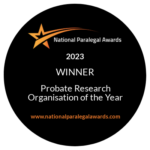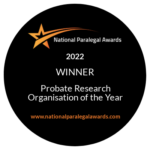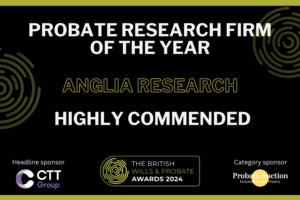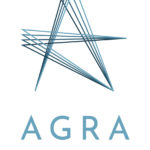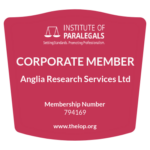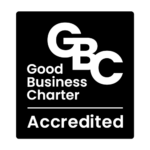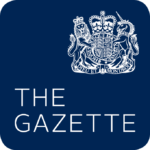AGRA accreditation – what it means and why it matters
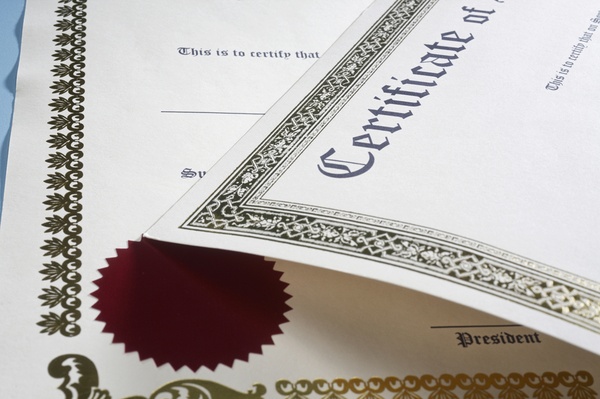
Since the 1970s there has been an explosion of interest in genealogy, with a corresponding growth in the number of ‘professional’ genealogists. Yet, 40 years on, people still struggle to judge the credentials of different service providers and to distinguish between the various logos that are used on different websites. In this article, Peter Turvey describes the main method for serious genealogists to achieve bona fide professional accreditation.
 The first thing to note is that membership of some genealogical organisations, such as the Association of Professional Genealogists and the Society of Genealogists, is open to anyone upon payment of an annual fee. Consequently, although these bodies provide an important service to their members through advice, meetings, publicity or access to resources, they can not be considered accreditation bodies.
The first thing to note is that membership of some genealogical organisations, such as the Association of Professional Genealogists and the Society of Genealogists, is open to anyone upon payment of an annual fee. Consequently, although these bodies provide an important service to their members through advice, meetings, publicity or access to resources, they can not be considered accreditation bodies.
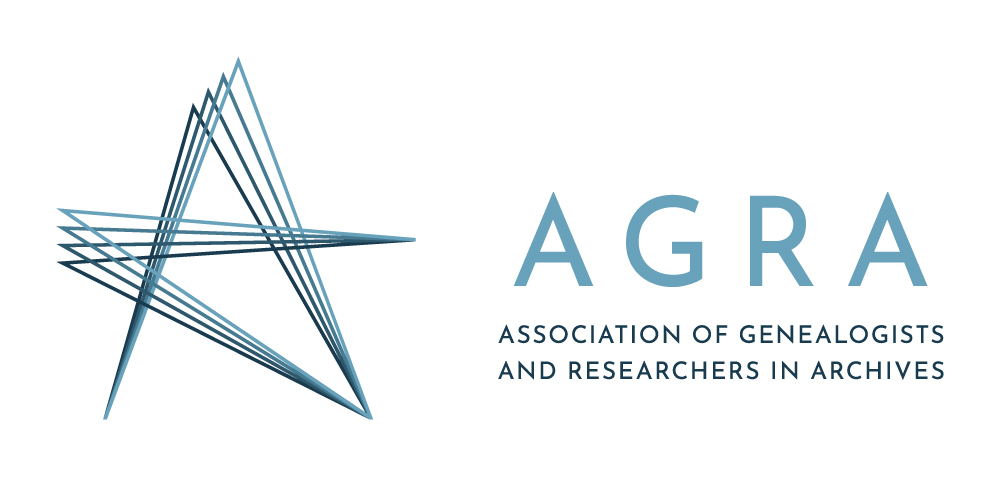
In reality, there are only two professional associations that provide genealogical accreditation in the UK – the Association of Genealogists and Researchers in Archives (AGRA) in England and Wales, and the Association of Scottish Genealogists and Researchers in Archives (ASGRA). These are independent, not-for-profit organisations, membership of which is via a rigorous assessment system. Both bodies have a diligent code of practice, a complaints procedure (with penalties) and an arbitration service. Full membership is only conferred after an applicant has been tested on knowledge, professionalism and client care.
AGRA’s application form shows that becoming a member is a challenging process. It involves submitting samples of commissioned work, attending an interview and providing evidence of continuing professional development. Members’ client work is also examined to ensure that high standards are met and maintained. Further, AGRA’s constitution provides for disciplinary solutions should a member fail to comply with the recommendations of any complaints investigation.
As AGRA member and former chairman Ian Marson pointed out at the symposium at the University of Strathclyde on the future of professional genealogy:
“Sadly, there are people who apply to AGRA and to ASGRA who don’t make the grade, but rather than going away and working on it and coming back, they join organisations where they can use a logo without any formal accreditation.”
In any organisation, people learn on the job, and nowhere is that more true than in genealogy. It’s a profession that many come to first as a hobby – led on by their enthusiasm and fascination. But love of family history is no substitute for practical training and it’s essential in any organisation that you have people on board who are aware what the best practice is, so that this can be passed on.
That’s why AGRA and ASGRA accreditation is so important. At Anglia Research we currently have at least five AGRA or ASGRA members amongst our staff and immediate associates. We also have members of the Irish equivalent organisation, AGI – Accredited Genealogists Ireland. This means we can offer our staff the very best in-house training as well as always having someone on hand, or at the end of a telephone, to offer sound professional advice.
We believe that the calibre of our team is your best guarantee that an estate will be distributed safely. For more details, please read our accredition page.
2025 Anglia Research Services All Rights Reserved.
Anglia Research and Anglia Research Services are trading names of Anglia Research Services Limited, a company registered in England and Wales: no. 05405509
Marketing by Unity Online

